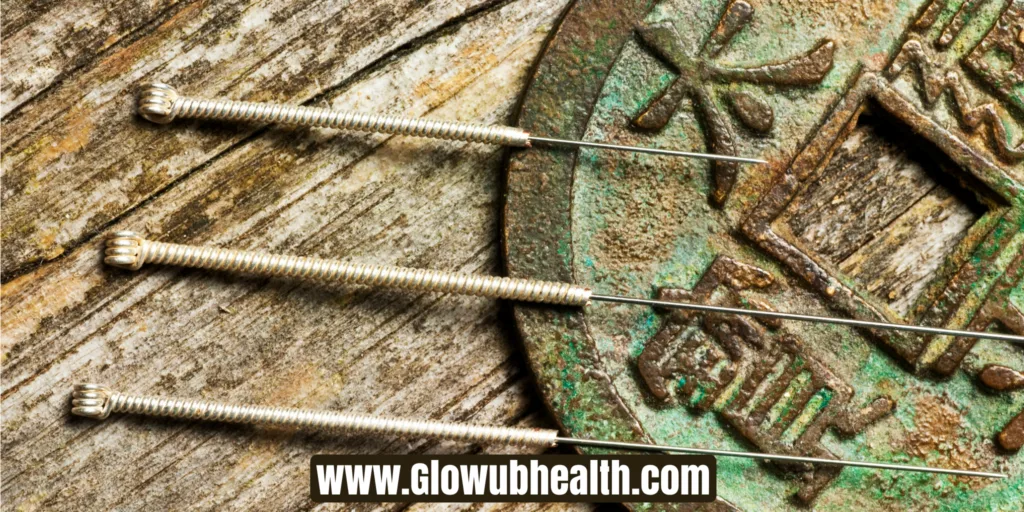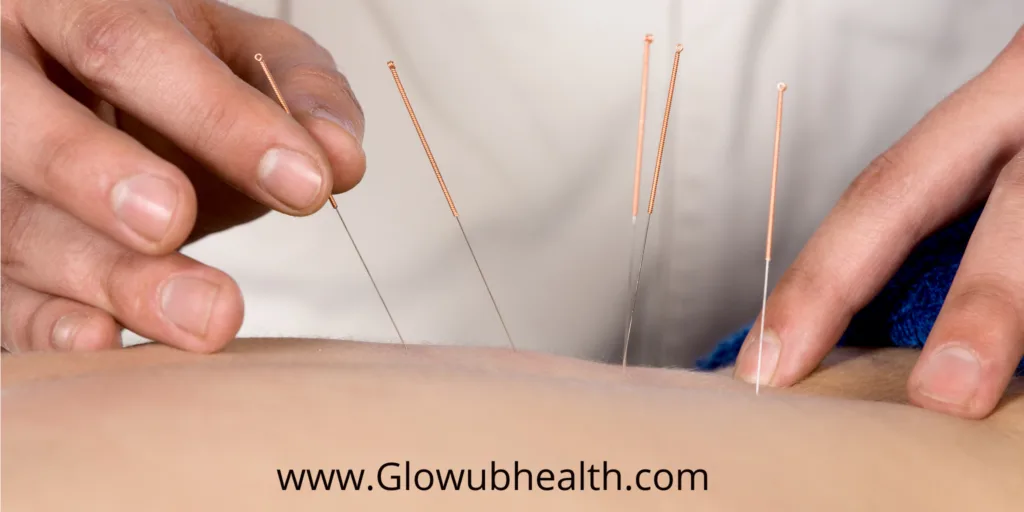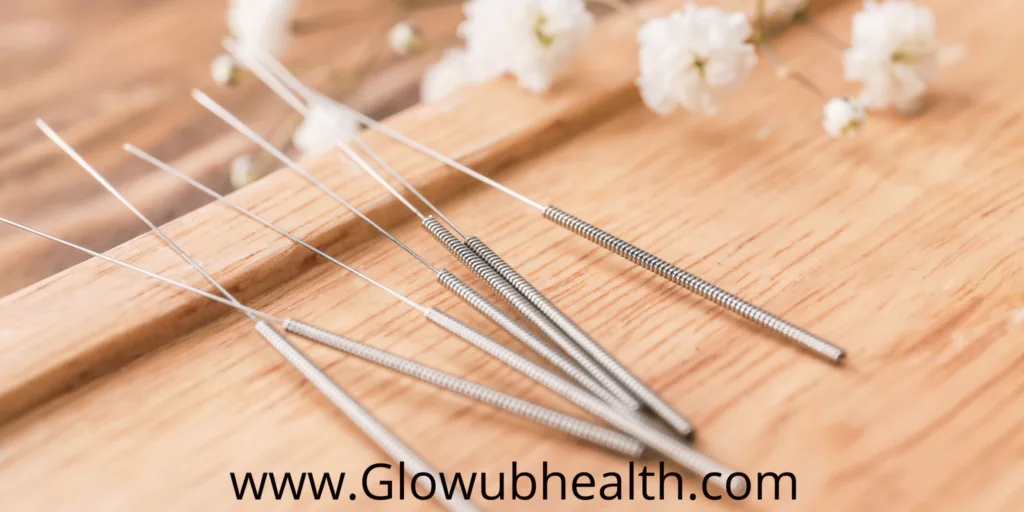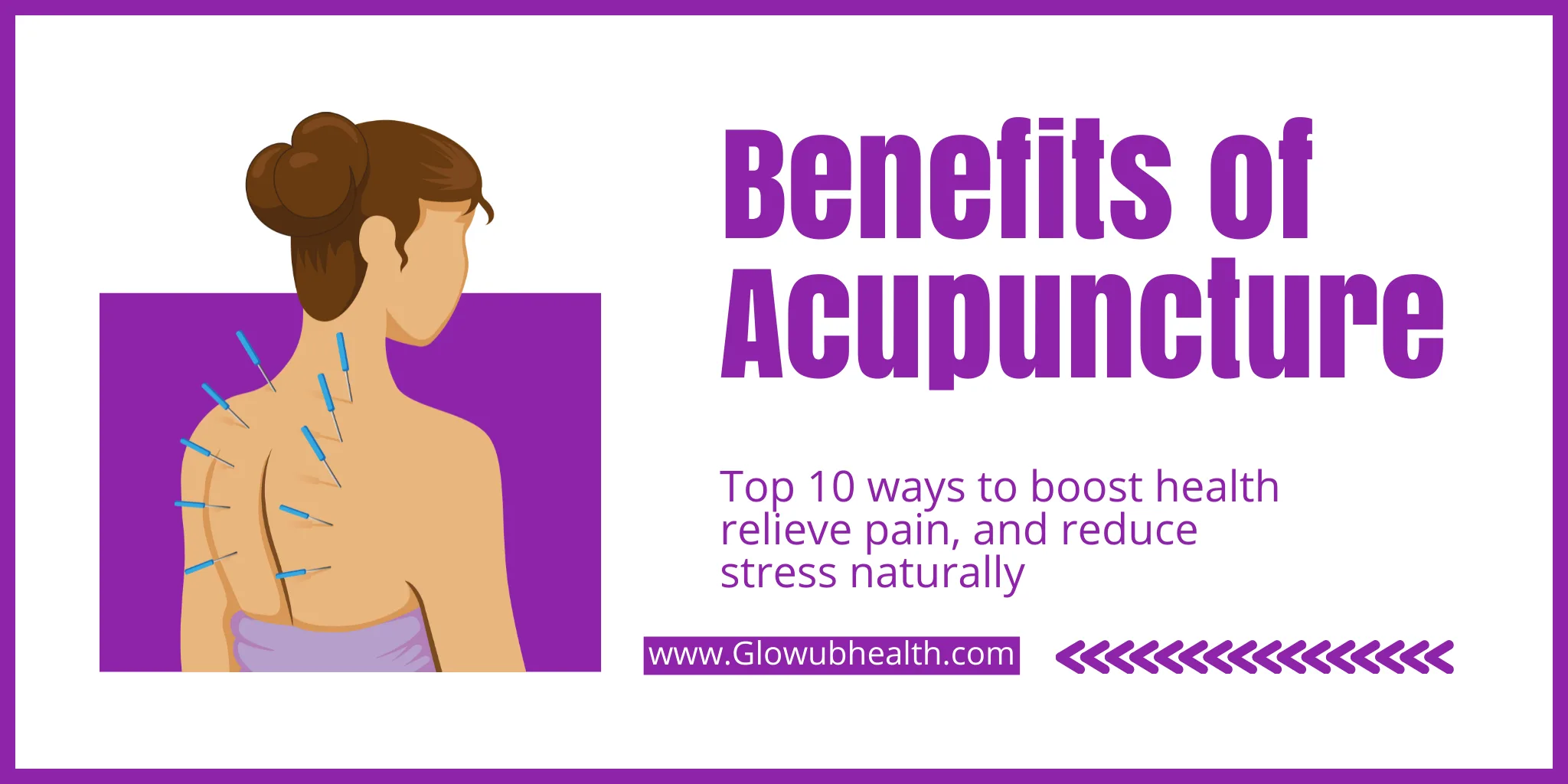Top 10 Benefits of Acupuncture for a Healthier You
Acupuncture, once considered an ancient Eastern practice, has steadily made its way into modern mainstream wellness—and for good reason. Rooted in traditional Chinese medicine, this time-tested therapy doesn’t just target pain; it helps the entire body function more harmoniously by restoring the natural flow of energy, or Qi.
In this guide, we’ll take a closer look at the top 10 benefits of acupuncture, blending traditional wisdom with current scientific research and real-life examples to show you how this holistic treatment can truly support your health and well-being.
This content is for informational purposes only and is not intended as a substitute for professional medical advice, diagnosis, or treatment. Always seek the advice of a qualified healthcare provider before starting any new treatment.

What Is Acupuncture and How Does It Work?
Acupuncture involves inserting fine needles into specific points on the body, known as acupuncture points or meridians. According to TCM, these points correspond to different organs and systems, helping to regulate and restore balance.
Scientific Explanation
Modern science suggests that acupuncture stimulates the nervous system, releasing chemicals like endorphins, serotonin, and dopamine. These neurotransmitters play a role in pain relief, mood regulation, and overall well-being.
Additionally, acupuncture increases blood flow and reduces inflammation, which explains its broad range of benefits.
Top 10 Benefits of Acupuncture

1) Effective Pain Relief
Acupuncture is widely known for managing various types of pain, including:
- Chronic pain conditions such as arthritis, fibromyalgia, and lower back pain.
- Acute injuries like sprains, muscle tension, and sports-related injuries.
- Neuropathic pain, such as sciatica and diabetic neuropathy.
How It Works:
Acupuncture stimulates the release of endorphins, which act as natural painkillers. It also improves blood circulation to the affected area, promoting faster healing and reducing inflammation.
Read More: Pain Management: 10 Natural Remedies to Ease Discomfort
Mini Case Study: A 2020 study published in The Journal of Pain found that patients who received acupuncture reported a 50% reduction in chronic pain compared to those who received standard care.
Practical Tip:
For those who can’t visit an acupuncturist regularly, using an acupuncture mat can mimic the effects, providing relief from muscle tension and back pain at home.
2) Reduces Stress and Anxiety
Stress is a major contributor to many chronic conditions, and acupuncture offers a natural way to reduce it. By targeting points associated with the parasympathetic nervous system, acupuncture helps calm the mind and body.
Scientific Support:
Research shows that acupuncture reduces levels of cortisol, the body’s primary stress hormone. It also increases serotonin, promoting a sense of calm and well-being.
Read More: Manage Stress: 7 Effective Techniques to Reduce Daily Tension
Real-Life Example:
A friend who struggled with job-related anxiety found significant relief through weekly acupuncture sessions. After just a few treatments, they reported feeling more balanced and less reactive to stressors.
Pro Tip:
Combine acupuncture with meditation or deep-breathing exercises for maximum stress relief.
3) Improves Sleep Quality
If you’re battling insomnia or restless nights, acupuncture can help reset your sleep cycle. It regulates the body’s internal clock and balances hormones that influence sleep, such as melatonin.
Supporting Evidence:
A 2021 study in Sleep Medicine found that acupuncture significantly improved sleep quality in patients with insomnia compared to conventional sleep aids.
At-Home Solution:
Using an acupuncture mat before bedtime can help relax your muscles and calm your mind, preparing you for a restful night.
Read More: Why Do We Sleep? Unraveling the Science Behind a Good Night’s Rest
4) Boosts Immune Function
Acupuncture enhances the body’s ability to fight off infections by stimulating immune responses. It also helps balance immune activity, which can prevent overreactions in conditions like allergies and autoimmune diseases.
How It Works:
Acupuncture increases the production of white blood cells and enhances the body’s natural defense mechanisms.
Tip:
Consider regular acupuncture sessions during flu season to strengthen your immune system.
5) Enhances Mental Clarity and Focus
Brain fog and lack of concentration can be debilitating. Acupuncture improves cognitive function by increasing blood flow to the brain and reducing oxidative stress.
Personal Experience:
After experiencing burnout, I turned to acupuncture and noticed significant improvements in focus and productivity within weeks.
6) Supports Digestive Health
Digestive disorders like irritable bowel syndrome (IBS), acid reflux, and bloating can benefit from acupuncture, which helps regulate gastrointestinal function and reduce inflammation.
Read More: Digestive Health 101: How Your Gut Works and Why It Matters
Practical Advice:
Pair acupuncture with a balanced diet and mindful eating practices to enhance results.
7) Balances Hormones
Hormonal imbalances can lead to issues like mood swings, infertility, and menopause symptoms. Acupuncture helps regulate the endocrine system, promoting hormonal harmony.
Case Example:
A woman undergoing IVF found that acupuncture improved her response to fertility treatments, increasing her chances of conception.
8) Alleviates Allergy Symptoms
Seasonal allergies and asthma can be managed through acupuncture, which reduces inflammation and modulates immune responses. This can lead to fewer symptoms and a reduced need for medication.
Quick Tip:
Start acupuncture treatments a few weeks before allergy season to build immunity.
9) Speeds Up Recovery from Injuries
Athletes and individuals recovering from surgery often use acupuncture to speed up the healing process. By improving circulation and reducing inflammation, acupuncture promotes faster tissue repair.
Pro Insight:
Acupuncture is commonly used by professional athletes to enhance performance and recovery.
10) Improves Mood and Emotional Well-being
Acupuncture’s impact on neurotransmitters like serotonin and dopamine can improve mood and reduce symptoms of depression and anxiety.
Personal Story:
A family member dealing with postpartum depression found acupuncture to be a lifeline, providing relief without the side effects of medication.
Acupuncture Mat Benefits: A Convenient Tool

For those who can’t commit to regular acupuncture appointments, an acupuncture mat is a great alternative. These mats use acupressure points to:
- Improve circulation.
- Relieve back and neck pain.
- Reduce stress and tension.
How to Maximize the Benefits of Regular Acupuncture
1) Stay Consistent:
Regular treatments lead to cumulative benefits. Aim for weekly or bi-weekly sessions.
2) Combine Therapies:
Acupuncture works synergistically with other holistic therapies like massage, meditation, and yoga.
3) Communicate Goals:
Be open with your practitioner about your symptoms and goals to tailor the treatment plan.
Is Acupuncture Right for You?
While acupuncture is safe for most people, it’s important to consult your healthcare provider if you have specific medical conditions or are pregnant. Choosing a licensed and experienced acupuncturist ensures the best outcomes.
Conclusion
The benefits of acupuncture go beyond pain relief, offering a holistic approach to improving health and wellness. From stress reduction to immune support, this ancient practice continues to prove its value in modern times. If you’re looking for a natural way to enhance your well-being, acupuncture might be the solution you’ve been seeking. For those seeking convenience, exploring acupuncture mat benefits can also offer surprising results.
Ready to experience the transformation? Book a session today and take the first step toward a healthier you!
FAQ
1. How long does it take to see results from acupuncture?
Results vary depending on the condition being treated. Some people experience relief after the first session, while others may need multiple treatments over several weeks. For chronic conditions, a series of sessions is usually recommended.
2. Is acupuncture painful?
Acupuncture is generally not painful. The needles are extremely thin and are inserted gently. Some people feel a slight tingling or pressure, but most describe the experience as relaxing.
3. What conditions can acupuncture treat?
Acupuncture can help with a wide range of conditions, including:
–Pain management (back pain, migraines, arthritis).
-Stress and anxiety relief.
-Digestive issues (IBS, bloating).
-Hormonal imbalances (menstrual irregularities, menopause).
-Sleep disorders (insomnia).
4. Are acupuncture mats as effective as traditional acupuncture?
Acupuncture mats provide similar benefits by stimulating acupressure points, which can relieve pain and tension. However, they are not a replacement for traditional acupuncture, which is more targeted and administered by a trained practitioner.
5. Is acupuncture safe for everyone?
Acupuncture is generally safe when performed by a licensed practitioner. However, people with certain conditions, such as bleeding disorders or those on blood thinners, should consult their doctor before trying acupuncture. Pregnant women should also seek medical advice.
6. How often should I get acupuncture treatments?
The frequency depends on the condition and your health goals. For acute issues, 1-2 sessions per week may be recommended. For general wellness and stress relief, monthly sessions can be beneficial.
7. Can acupuncture help with weight loss?
Yes, acupuncture can support weight loss by regulating appetite, reducing stress, and improving digestion. While it’s not a standalone solution, it can complement a healthy diet and exercise routine.
8. Are there any side effects of acupuncture?
Side effects are rare but may include mild bruising or soreness at the needle site. Some people may feel lightheaded after a session. Choosing a licensed acupuncturist minimizes risks.
9. How do I choose a good acupuncturist?
Look for a practitioner who is licensed and certified by reputable acupuncture boards. Reading reviews and asking for recommendations can also help you find a trusted acupuncturist.






